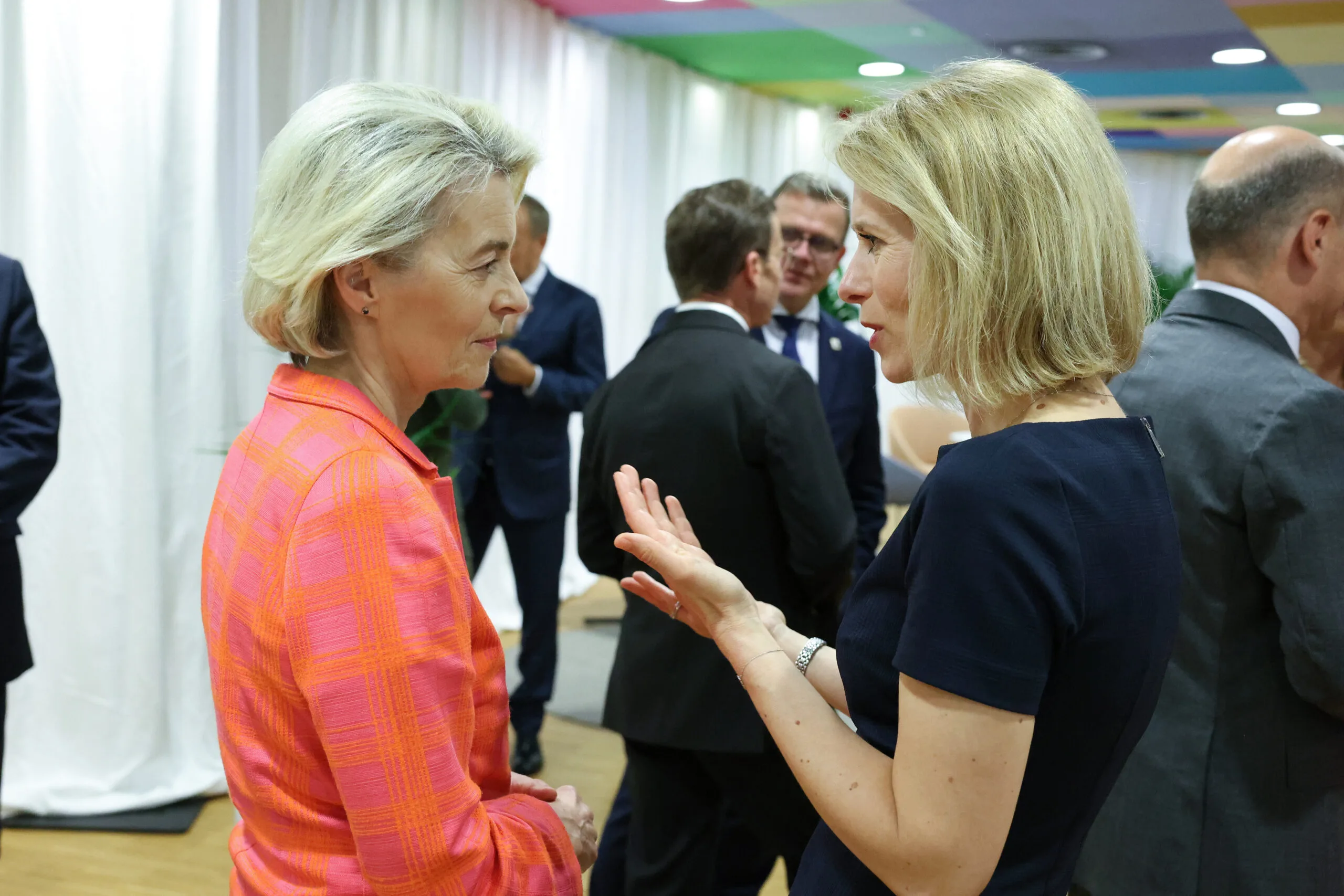Brussels – Giorgia Meloni is out of the running for senior appointments to European institutions, they said in recent days. And so it was. At today’s European summit (June 28), the majority political families–Populars, Socialists, and Liberals–placed three names on the table and the heads of state and government approved them. Ursula von der Leyen for a second term as head of the European Commission, Antonio Costa at the European Council, and Kaja Kallas as High Representative for Foreign Affairs. Only Italy and Viktor Orbán’s Hungary voted against them but were not united.
A problem “of merit and method,” the Italian Premier explained on the sidelines of the proceedings, which, in principle, she would have opposed the nomination package outright, only to vote against Costa and Kallas and abstain on von der Leyen out of respect for her government ally, Forza Italia, which supports the leader of the Populars. On balance, Meloni was more extremist than Orbán, who rejected von der Leyen but gave the green light to the former Portuguese socialist Premier and abstained on Kallas.

According to Meloni, the appointments “were not even vaguely anticipated by a discussion of what the mandates should be.” Appointments that should be an expression of the elections in which “the European citizens have asked for a new line.” The Premier also objected to the method, an alleged “majority-opposition” logic that “makes no sense in the highest offices of the European institutions.” Ultimately, the choice of von der Leyen, Costa, and Kallas is “a great mistake and, above all, a lack of respect towards the European citizens.”
At the opposite end of the spectrum, the Premier claimed to have made a decision she considered “respectful” of the vote cast on June 9. However, it was a choice that shows an isolated Italy, which chose isolation because, as the Premier argued, “you are definitely less isolated when you have the ability to exercise leadership.” That this will make life difficult for Italy, however, is far-fetched for the Prime Minister: “Italy will get what it is due, not based on the sympathy one has for the government’s choices, but based on the fact that it is a founding country, the third largest economy in Europe, the second largest manufacturing, and the most stable government” among the largest.
The game is not over; von der Leyen will have to go through the European Parliament now, where he will need as many votes as possible to avert the risk of sharpshooters among her ranks to achieve a majority of 361 votes in favor. Palazzo Chigi confirmed that regarding the European Commission candidate, it “awaits to know the programmatic lines and open negotiations on Italy’s role.” The problem for Meloni is that, from tomorrow morning, her negotiating position may be decidedly weaker.
English version by the Translation Service of Withub






